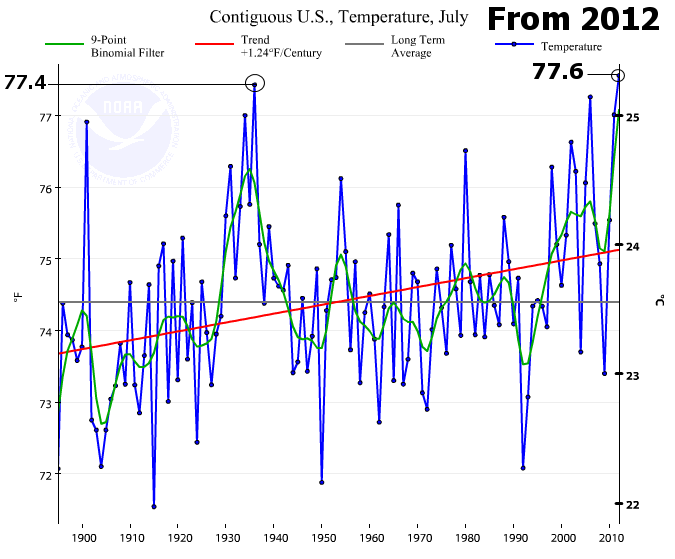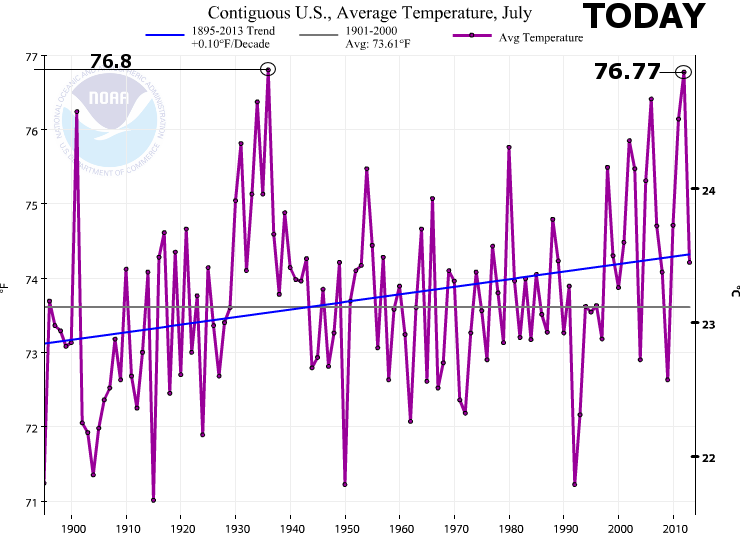deirdre
Senior Member
and how does that make you feel?The Ross Ice shelf melting due to Volcanic activity not global warming http://www.lermanet.com/antarcticmelt/ So how can we be deniars when all they do is lie ?
and how does that make you feel?The Ross Ice shelf melting due to Volcanic activity not global warming http://www.lermanet.com/antarcticmelt/ So how can we be deniars when all they do is lie ?
The Ross Ice shelf melting due to Volcanic activity not global warming http://www.lermanet.com/antarcticmelt/ So how can we be deniars when all they do is lie ?http://www.livescience.com/46194-volcanoes-melt-antarctic-glaciers.htmlExternal Quote:Antarctica is a land of ice. But dive below the West Antarctic Ice Sheet, and you'll find fire as well, in the form of subglacial volcanoes.
sure even if the scientific method is flawed ? its a fact that clouds hold in heat at night and contrails cause a warming effect . its humidity that holds the heat .thats why its cold at nite in california compared to floridaBeing a skeptic isn't something you apply to one side of an argument.
Being a skeptic means you apply the scientific method - specifically that you demand that claims are backed by evidence. You don't just decide you are on one side, and then demand evidence only from the other site.
sounds like scientific fact mick .Maybe you should start a new thread on that Joe. Looks a little sketchy. Why don't you try debunking it?
The Ross Ice shelf melting due to Volcanic activity not global warming http://www.lermanet.com/antarcticmelt/ So how can we be deniars when all they do is lie ?http://www.livescience.com/46194-volcanoes-melt-antarctic-glaciers.htmlExternal Quote:Antarctica is a land of ice. But dive below the West Antarctic Ice Sheet, and you'll find fire as well, in the form of subglacial volcanoes.
http://www.lermanet.com/antarcticmelt/ I think they are misleading the facts . They said it was melting due to a increase in Ocean Temps .The link you provide to the LiveScience article does not support the claim that the Ross Ice Shelf melting is due to vulcanism rather than global warming. Here's a quote from that article: "West Antarctica is also hemorrhaging ice due to climate change" The strongest claim that the article can support is that vulcanism may be an additional source of melting. Thus, it provides no reason to call climatologists liars.
http://www.lermanet.com/antarcticmelt/ I think they are misleading the facts . They said it was melting due to a increase in Ocean Temps .


The National Oceanic and Atmospheric Administration, criticized for manipulating temperature records to create a warming trend, has now been caught....
The Evidence is above .http://wattsupwiththat.com/2014/06/...uly-1936-now-hottest-month-again/#more-112190 Or here On NOAA http://www.ncdc.noaa.gov/cag/time-seriesNo "they" haven't.

HOT Venus is 67,240,000 miles From the Sun .JUST RIGHT Earth is 92,960,000 miles from the Sun .COLD Mars is 141,600,000 miles from the Sun . Now That is Plain and simpleA good argument against climate change deniers who can't read statistics well?
Fundamental physics and the runaway greenhouse effect on Venus.
There are polar sides to everything - that is not to say that each side is of equivalent credulity when presenting under the basis of the scientific method. Venus is a celestial body which incidentally happens to possess a large concentration of greenhouse gasses within its atmosphere - that is of comparative density to the Earth's.
The density of Venus is 5.204 grams per cubic centimeter - in comparison, the density of Earth is 5.515 g/cm3. Incidentally, it does not seem that Venus has an active core, but it's atmospheric temperature is especially jarring. This can only be an example of what is known as a ''runaway greenhouse effect'' - in which the positive feedback between the surface temperature and atmospheric opacity increases the strength of the greenhouse effect on a planet's atmosphere - eliciting its own greenhouse effect ''catalyst''.

Some people will just deny anything they do not wish to accept, no matter how much evidence is presented. Plain and simple.
Further reading:
http://csep10.phys.utk.edu/astr161/lect/venus/greenhouse.html
http://www.scientificamerican.com/article/fact-or-fiction-runaway-greenhouse/
http://www.universetoday.com/22577/venus-greenhouse-effect/
http://www.nasa.gov/centers/ames/news/releases/2002/02_60AR.html
One also has a Thick atmosphere to hold in the heat ?The average temperature of, whereas Venus has an average temperature of 735K. I forgot to address the relative temperature to distance from the Sun. My apologies. It's late.External Quote:Mercury is about 442.5K
http://www.factalerts.com/venus-hotter-mercury/
Which would also be a factor for all three Venus , Earth .and MarsExternal Quote:
- Because it has almost no atmosphere to retain heat, Mercury's surface experiences the greatest temperature variation of all the planets, ranging from 100 K (−173 °C; −280 °F) at night to 700 K (427 °C; 800 °F) during the day at some equatorial regions.
